What is obstetric fistula? – Breaking down reproductive health terminology
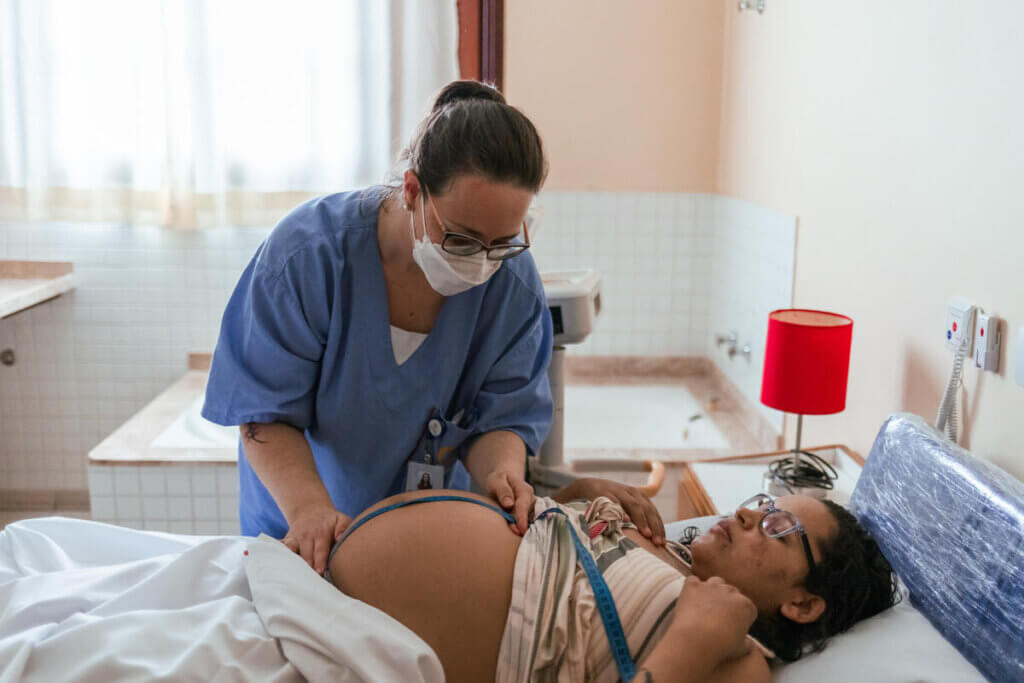
Defining obstetric fistula
An obstetric fistula is a serious birth complication resulting from prolonged, obstructed labor. Without proper medical care, long and difficult births can cause a hole between the birth canal and the bladder or rectum – or both – resulting in a fistula.
Fistula’s not only cause women to leak urine or feces uncontrollably, 90% of women who develop a fistula also deliver a stillborn baby. Obstetric fistulas cause women both physical and psychological trauma that can last a lifetime if untreated. That’s why preventing and repairing fistula’s is not only a health issue, it is a human rights issue.
In most of the world, obstetric fistula is a preventable fate. In America, if a woman suffers a difficult birth, she will usually receive a c-section to avoid a fistula forming. If a fistula does occur, the options for a repair surgery are bountiful in a nation with a robust healthcare infrastructure. However, for women and girls in lower income nations, they do not have the same options.
We’ve estimated that as many as half a million women and girls are living with obstetric fistula. Some live with this condition their entire lives, cast out by society and their loved ones. Today, in honor of International Day to end Obstetric Fistula, we’re sharing the stories of fistula survivors.
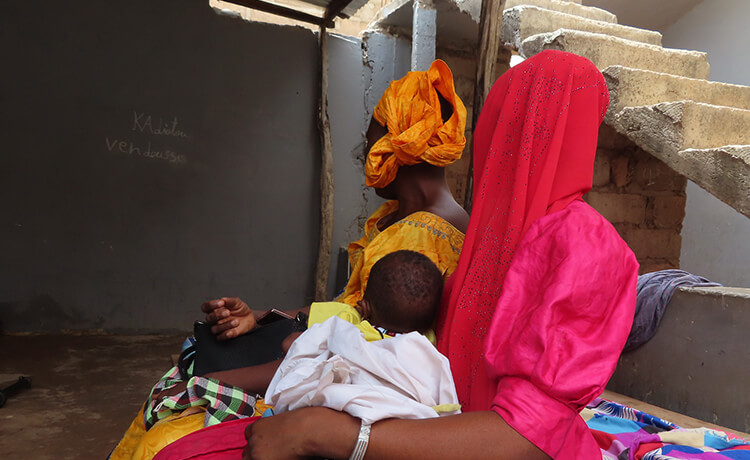
Obstetric Fistula Survivors Share Their Stories
“I have my life back.”
When Khady developed an obstetric fistula as a young woman, her life turned upside-down. “For almost 40 years, my feces mixed with my urine and was constantly leaking,” she shared with us.
For decades, Khady operated on the outskirts of society due to her condition. She lost friends and was no longer invited to large ceremonies like christenings – because she couldn’t control the urine or feces that continued to leak. It wasn’t until she received six surgeries to repair her fistula, courtesy of UNFPA, that she began to take back control of her life.
“I have my life back,” she told us after the procedures. She is now operating a small business selling sweets and basic groceries.
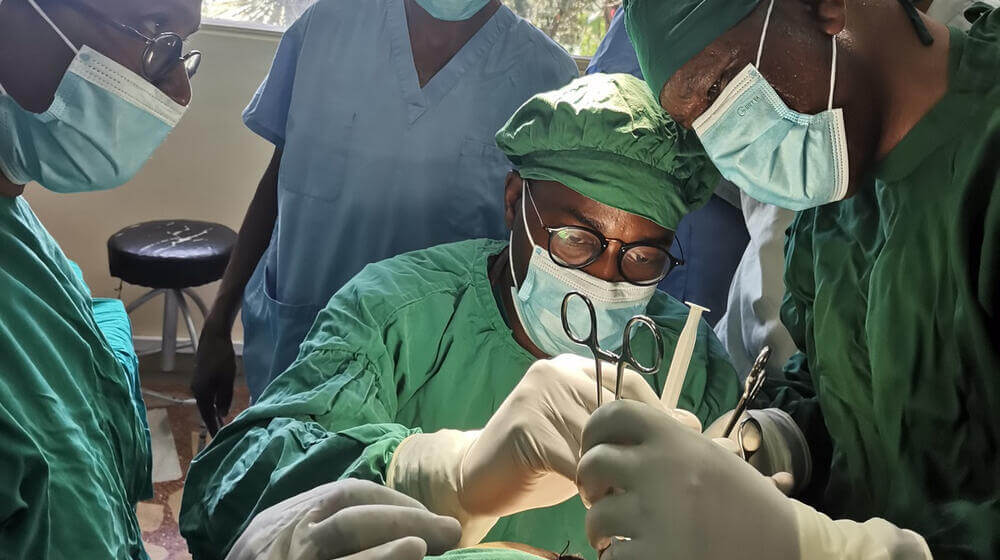
“The grandmothers said she was cursed.”
Adama told us that her neighbor was suffering from an obstetric fistula in secret, because older members in the community had stigmatized the condition. The woman was afraid to ask for help – but despite her efforts to hide her symptoms, she was still outcast by her community and rejected by her family.
“The grandmothers said she was cursed…Then her husband abandoned her. We didn’t see her anymore,” Adama told us.
But the neighbor’s luck changed when Adama attended a UNFPA awareness-raising session about obstetric fistula. “From the chat we had, I realized that she had a fistula,” Adama shared. She then took the information to her neighbors so they could support the woman.
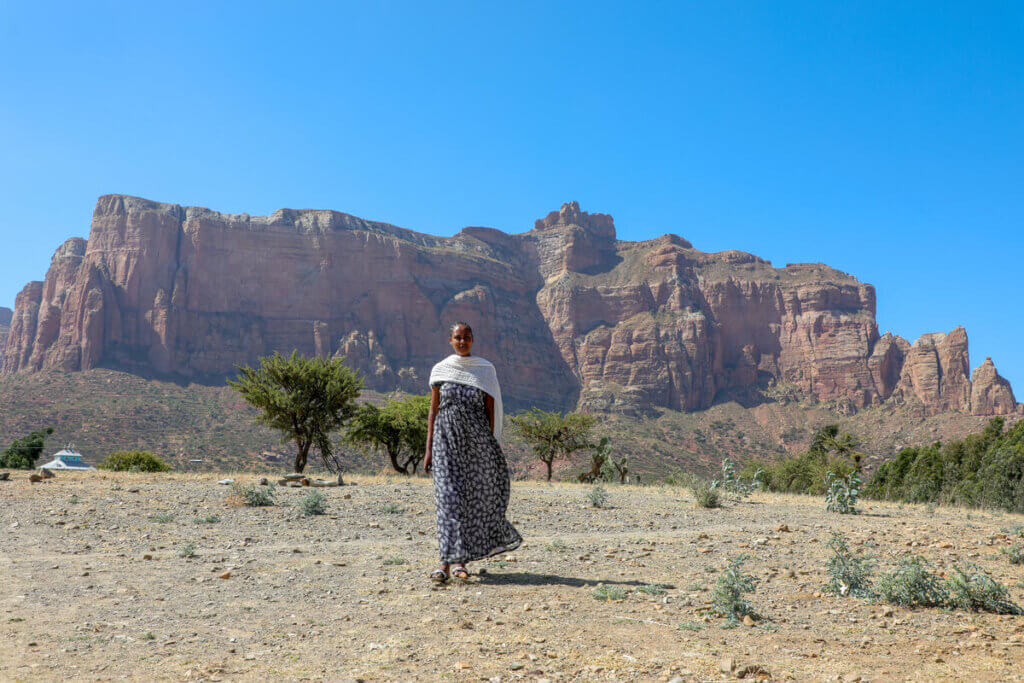
“It was tough to live.”
Tragically, young girls who become mothers before they’re ready are among the most vulnerable to develop an obstetric fistula. Margret became pregnant at 14 and developed a fistula after a difficult birth that cost her the life of her baby. She suffered with the fistula for 13 years, trying almost anything she could to stop the constant leak of urine.
“I never enjoyed being a woman since I had this condition. It was tough to live,” she told us. She faced chronic health conditions for over a decade, including recurring infections, depression and anxiety. Finally, after years of searching for an answer, she received a fistula repair surgery at a UNFPA event.
Now, Margret has two children and is an advocate for women living with fistula.
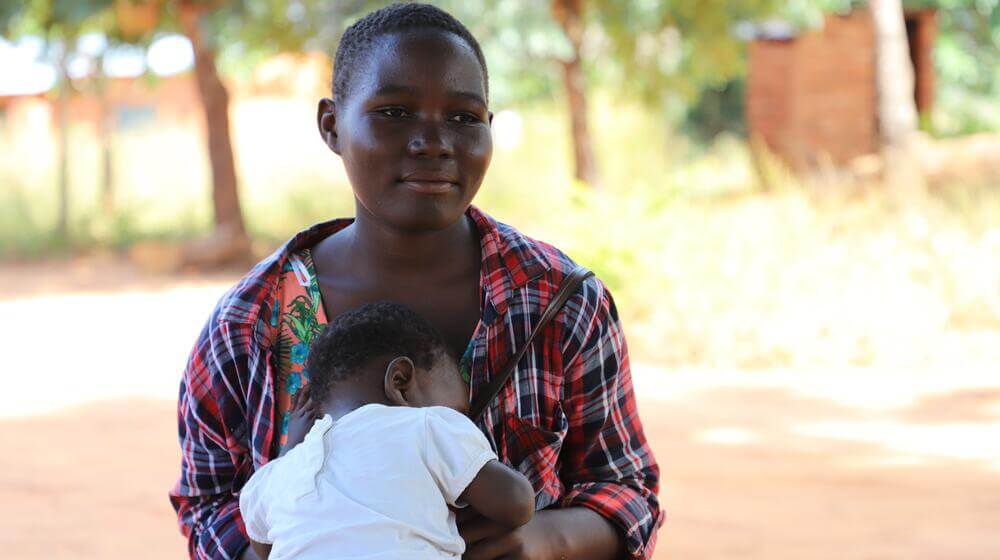
“My life was lonely. I couldn’t go out of the house because I was wetting myself.”
When Jacqueline was 15, she fell in love with a boy from another village. Despite her mother’s objections, she eloped with the boy and ran away. “We tried looking for her, but to no avail,” her mother, Margaret, recalled heartbroken.
Soon afterward, Jacqueline became pregnant – and by age 16, she developed an obstetric fistula after a traumatic and prolonged childbirth. She couldn’t heal, and the boy who claimed to be in love with her no longer wanted to deal with her condition.
Jacqueline returned to her parents. They were devastated by her state, but her mother remembered that there was a woman in the community who talked about a similar condition. Jacqueline and her mother sought out the woman, who was a UNFPA implemented fistula ambassador, and referred Jacqueline for a repair surgery.
“I don’t know what could have happened if I didn’t come here,” Jacqueline said after the surgery. Now two years later, she is healed and is thinking about her future.
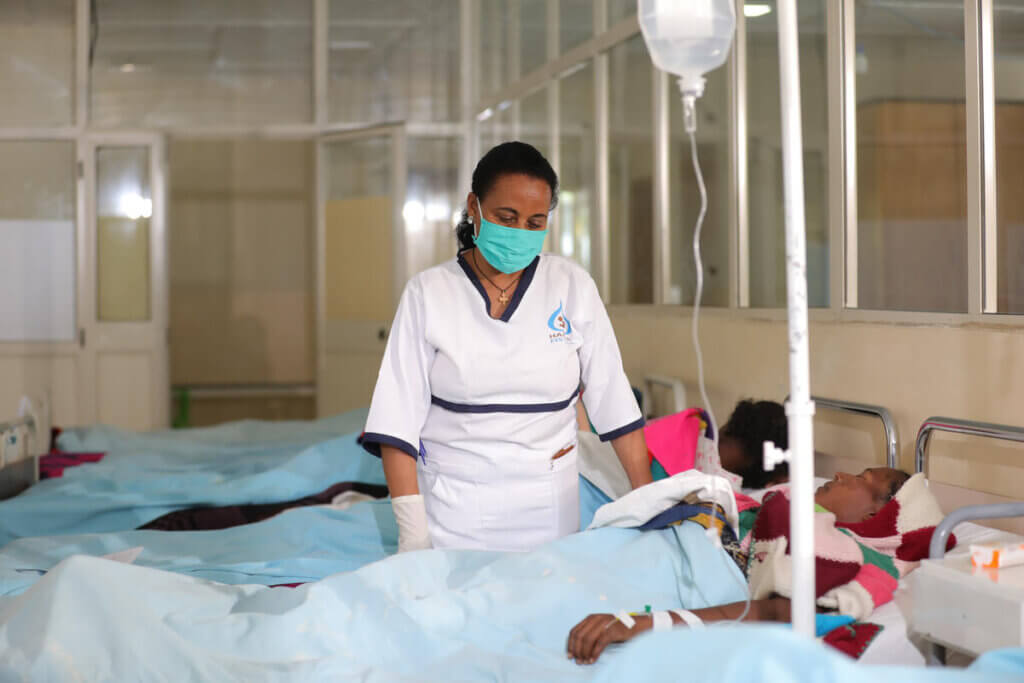
Our work to end obstetric fistula
Obstetric fistula has made the dream of motherhood shatter into a nightmare for thousands of women each year. That’s why we’re working to eliminate obstetric fistula by 2030 around the world by training midwives to help mothers safely deliver their babies and by reaching survivors of fistula with care.
As a leader in the global Campaign to End Fistula, UNFPA also provides strategic vision, technical guidance and support, medical supplies, training and capacity building to address this global crisis. We also promote community awareness of what obstetric fistula is and how it can be treated.
Thanks to our supporters, we have supported 140,000 fistula repair surgeries in the last 2 decades and helped 12,000 women and girls receive social reintegration support in the last 5 years. If you would like to further support this critical care, you can do so here.